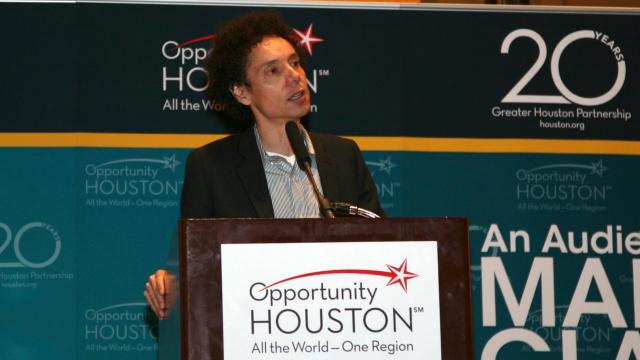The world of public intellectuals has been replaced by an inferior mob of “thought leaders”, says Daniel Drezner in his new book The Ideas Industry. These thinkers, rather than examining the world as it is, tend to push “big ideas” with unscientific bases that catch the public imagination. For example, in his book The Outliers, Malcolm Gladwell convinced the world that every skill requires 10,000 hours of practise to master, but a scientific study showed no evidence for this. Gladwell’s magic number is, like many “big ideas”, tantalising and entertaining, but a bad basis for any actual societal decisions.
Photo by Ed Schipul
The societal consequences of the shift toward “big ideas”, where magical thinking replaces scientific study, are quite serious. Reviewing Drezner’s book, The New Republic focuses on the many corporate sponsors of uncredentialed “thought leaders”, and the polarisation of think tanks whose findings are increasingly politically motivated, rather than carefully reasoned. The Cato Institute, Heritage Foundation and Brookings Institution have all faced (and sometimes fallen to) pressure from big donors to shift from research to activism.
Similarly, corporate sponsors are pushing their agenda into academic institutions, replacing the search for knowledge with the search to push an agenda. Public thought is also influenced on the personal level, through “big idea” books such as Gladwell’s, or Thomas Friedman’s, or Fareed Zakaria’s.
Three rules of thumb for evaluating a ‘thought leader’
How can you tell a trustworthy academic source from someone peddling a tempting but unsupported idea? Here are three questions to ask:
- Do they have an advanced degree in the field they’re discussing? If not, do their cited sources? While not every kind of knowledge requires an academic background, it’s extremely helpful in understanding the context around a phenomenon, or spotting flaws in research.
- What’s their methodology? Does their case rest on anecdotal evidence or scientific studies? Do they cherry-pick certain studies and ignore those that don’t support their view? Do they address critiques of their ideas?
- What’s their motive? Who funded their research? Are they transparent about funding and other organisational ties?
Of course, bad ideas can slip through even the best scientific research. But the results of a scientific process are much easier to evaluate than theories cobbled together from anecdotes, “common sense” and a predetermined agenda.

Comments